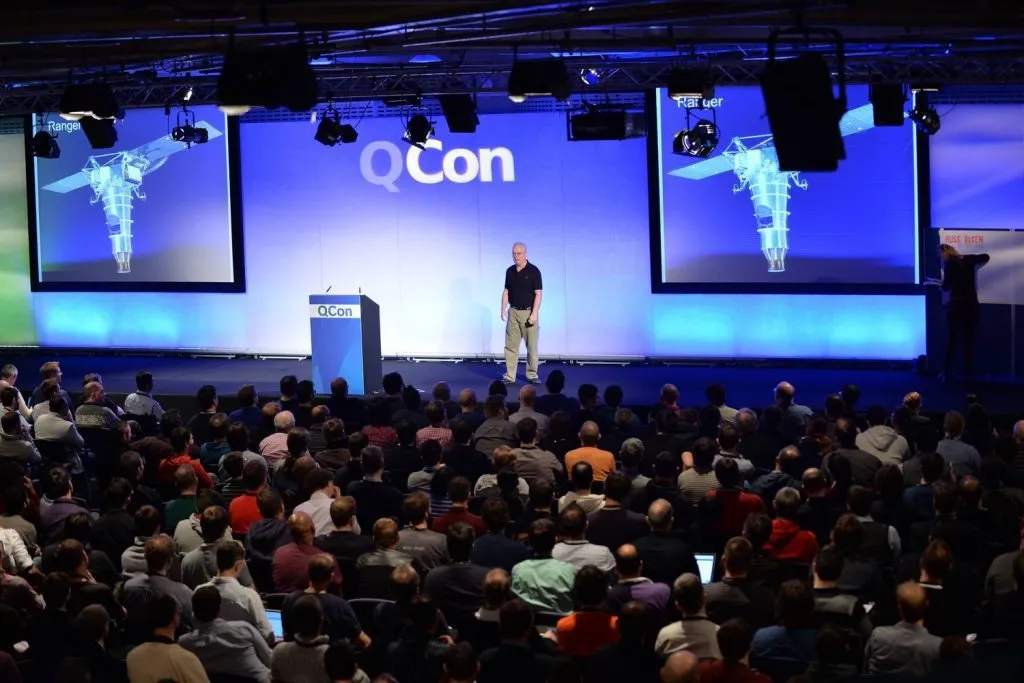Latest News
London AI and Deep Tech Startups Draw $1B in Funding Surge

Introduction
London’s technology ecosystem is experiencing a major revival as artificial intelligence and deep tech startups attract more than $1 billion in new funding. The surge in capital marks the strongest first half for the sector in three years, according to data from industry analysts and venture firms. Despite a challenging global investment climate, investors are signaling renewed confidence in the UK’s ability to lead in advanced technology and innovation.
This wave of funding highlights a structural shift toward long-term, research-driven innovation. While software-as-a-service and fintech once dominated London’s startup landscape, the focus is now moving toward frontier technologies such as AI, robotics, quantum computing, and advanced materials. These areas are expected to underpin the next phase of industrial transformation and economic growth.
Investment Landscape Strengthens
The rebound in deep tech funding reflects growing investor belief that the UK can compete with leading hubs such as Silicon Valley and Berlin. Venture capital flows into British AI startups have increased by nearly 30 percent year-on-year, led by major global investors and domestic funds. Seed and Series A rounds have become larger, while several late-stage firms have completed significant growth funding rounds.
Analysts attribute the surge to a combination of scientific talent, world-class research institutions, and supportive government policy. The presence of leading universities such as Oxford, Cambridge, and Imperial College has created a pipeline of researchers who are commercializing breakthroughs in areas like machine learning, data analytics, and synthetic biology.
Institutional investors are also showing greater appetite for patient capital. Pension funds and corporate investors are participating in larger syndicates to support technologies with longer development cycles. This shift marks an important step toward bridging the gap between academic research and market deployment.
AI at the Forefront
Artificial intelligence remains the most active area for funding. Startups developing applications in natural language processing, autonomous systems, and predictive analytics have attracted the bulk of recent investment. Several London-based AI firms have secured large rounds aimed at scaling products across healthcare, finance, and logistics.
Investors see AI as central to productivity and efficiency improvements across industries. Enterprise adoption is accelerating, driven by the availability of advanced computing infrastructure and data resources. Government initiatives such as the UK AI Strategy and the establishment of the Frontier AI Taskforce have reinforced confidence in the sector’s regulatory outlook.
The growth in AI funding is also linked to international partnerships. London companies are increasingly collaborating with US and European research institutions, expanding their global reach while maintaining local operational bases. This cross-border cooperation has helped attract international venture capital and talent to the city.
Rise of Deep Tech and Quantum Innovation
Beyond AI, investment in deep tech sectors such as quantum computing, materials science, and robotics is expanding rapidly. These technologies, though capital-intensive and complex, offer transformative potential in areas like cybersecurity, drug discovery, and advanced manufacturing.
Quantum startups have emerged as some of the most promising ventures in the UK, with several based in and around London receiving multimillion-dollar rounds. These companies are building hardware and software platforms for secure communication and high-performance computing. Their progress is supported by the government’s National Quantum Strategy, which commits over £2.5 billion to research and commercialization over the next decade.
Deep tech ventures often rely on collaborations between academia and industry. Incubators and research accelerators, such as those connected to Imperial College and University College London, are providing shared facilities and mentorship. This networked approach allows startups to access expertise, equipment, and early funding that might otherwise be out of reach.
Government and Policy Support
The UK government has made innovation a central pillar of its economic growth plan. Policies aimed at attracting investment and simplifying research commercialization have been well received by the tech community. The introduction of targeted tax incentives for R&D and venture capital schemes has encouraged early-stage investors to commit capital to higher-risk technology ventures.
The recently expanded British Business Bank programs are helping bridge the funding gap between seed and growth stages. In parallel, the government’s AI Safety Institute, launched in London, is establishing guidelines for responsible technology development. This initiative is designed to position the UK as a trusted hub for ethical AI governance while supporting innovation.
Officials are also promoting closer alignment between universities, startups, and large corporations. Programs encouraging co-development and pilot projects are ensuring that research translates more quickly into commercial outcomes.
Challenges Remain
Despite the optimism, several challenges persist. Scaling deep tech companies remains difficult due to long development cycles and high capital requirements. Many startups face hurdles when transitioning from research to market-ready products.
Talent competition is another concern. The global demand for AI and quantum specialists far exceeds supply, leading to intense competition for skilled workers. While London continues to attract international talent, immigration policies and visa costs can still pose obstacles for smaller firms.
Venture capital firms also face pressures from global market volatility. Higher interest rates and uncertain exit conditions make investors more selective. As a result, funding is increasingly concentrated among startups with clear commercial potential and strong partnerships.
Investor Sentiment and Global Position
Despite these obstacles, London retains a strong position in the global innovation landscape. It benefits from an ecosystem that combines academic excellence, financial sophistication, and policy stability. International investors view the city as a gateway to European and transatlantic markets, making it an attractive base for scaling technology companies.
According to analysts, London’s AI and deep tech firms now represent nearly one-fifth of all European venture funding in the sector. The city’s growing network of accelerators, venture funds, and innovation clusters supports continued growth even amid global uncertainty.
Institutional investors remain optimistic about long-term returns. Many see the convergence of AI, data infrastructure, and advanced manufacturing as the foundation for a new era of industrial competitiveness.
Conclusion
The surge of $1 billion in funding for London’s AI and deep tech startups represents more than a temporary rebound. It reflects a structural shift toward innovation-driven growth and confidence in the city’s role as a global technology hub.
Government initiatives, private capital, and academic excellence are combining to create a fertile environment for next-generation industries. The success of these startups will not only strengthen London’s economy but also advance global leadership in responsible and sustainable innovation.
If momentum continues, the city could emerge as one of the world’s foremost centers for artificial intelligence and deep technology. With capital flowing back into the ecosystem, London’s innovators are well placed to turn research into real-world transformation and to shape the technologies that define the future economy.






















